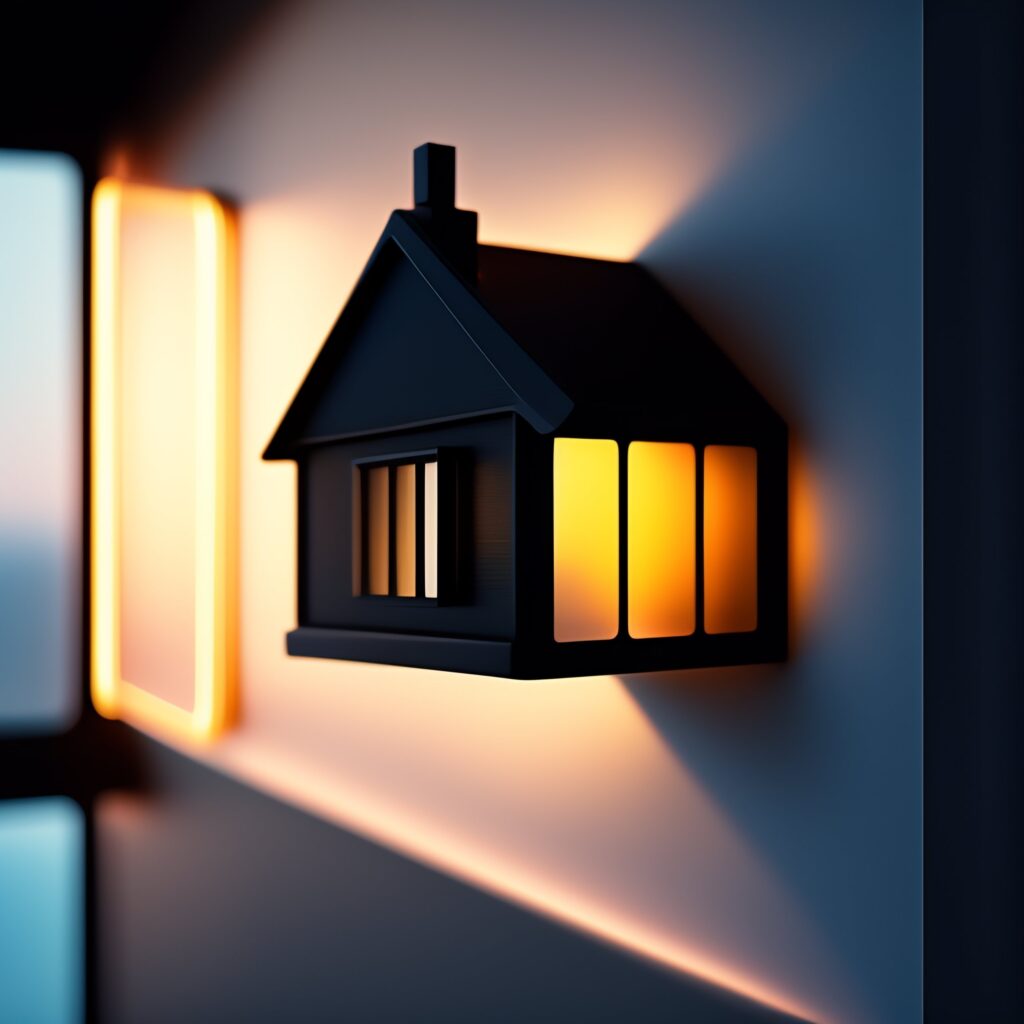Limited Time Left: Illinois Homeowner Assistance Program Closing in 60 Days
Homeowners facing financial hardships because of the COVID-19 pandemic have a narrow window of opportunity to apply for financial assistance from the Illinois Homeowner Assistance Fund (ILHAF). The Illinois Housing Development Authority (IHDA) has specified that the deadline for the applications is fast approaching, set to conclude on Tuesday, Oct. 31, 2023, precisely at 11:59 p.m.
The assistance program, managed by IHDA, aims to provide a safety net for homeowners unable to meet their housing payments. The ILHAF is ready to support eligible individuals with grants reaching up to a significant $60,000. These grants are designed to cover an array of payments including past-due mortgages, pending property taxes, unsettled property insurance, and overdue homeowner or condo association fees.
Prospective applicants should note that submitting an application before the deadline does not guarantee approval as each application undergoes a meticulous review process to assess eligibility. The application process has been simplified with the introduction of an online portal at www.illinoishousinghelp.org.
Since its inception in April 2022, the ILHAF has made a remarkable impact, redistributing over $246 million to assist more than 13,730 Illinois households. This aid has been pivotal in helping individuals avoid foreclosure, maintain ownership of their homes, and rebuild their financial stability amidst the pandemic crisis. The average grant dispensed per household stands at $17,988. Impressively, over 69 percent of the funds have been channeled to socially disadvantaged locales across Illinois.
This substantial initiative was conceived by the state with a dedicated mission to curb mortgage defaults and prevent foreclosures linked to the economic upheaval triggered by the pandemic. Once an application garners approval, the payments are directly transferred to the respective mortgage servicer, taxing body, or another eligible entity, thus facilitating a seamless process for the homeowners.
To be considered for the ILHAF grant, applicants must fulfill certain criteria which include being overdue on mortgage or other property-related payments, having a household income that does not exceed 150 percent of the Area Median Income, and being a resident of a home in Illinois as the primary occupant. The assistance takes into account hardships experienced from January 21, 2020, onward, a time frame that encapsulates the adverse financial ramifications brought on by the COVID-19 pandemic.
Notably, ILHAF maintains an inclusive approach, not mandating proof of citizenship for application and affirming that the assistance does not constitute a public charge benefit. This means more residents can avail themselves of the aid without worrying about potential ramifications on their immigration status.
Aiding in the smooth application process, IHDA has collaborated with various housing counseling agencies and community-based organizations state-wide. These agencies offer free assistance, guiding applicants in compiling the necessary documents and completing the application — a service accessible in over 37 languages, including American Sign Language. To find an aiding agency nearby, prospective applicants can visit the official website or dial 866-454-3571.
Rooted in the federal American Rescue Plan Act of 2021, the ILHAF drew its funding from the substantial $1.9 trillion economic stimulus package that was instituted to foster recovery in the aftermath of the pandemic. A portion of the $9.96 billion allocated to various state territories and tribes found its way to Illinois, with a generous allocation of $386.9 million earmarked for IHDA by the Illinois General Assembly.
To learn more about IHDA’s initiative in facilitating affordable housing since 1967, and how they have championed the allocation of $18 billion to finance around 255,000 affordable housing units in Illinois, visit their official website. The IHDA continues its mission as a self-sustaining state agency, fostering the creation and preservation of affordable housing throughout Illinois.






